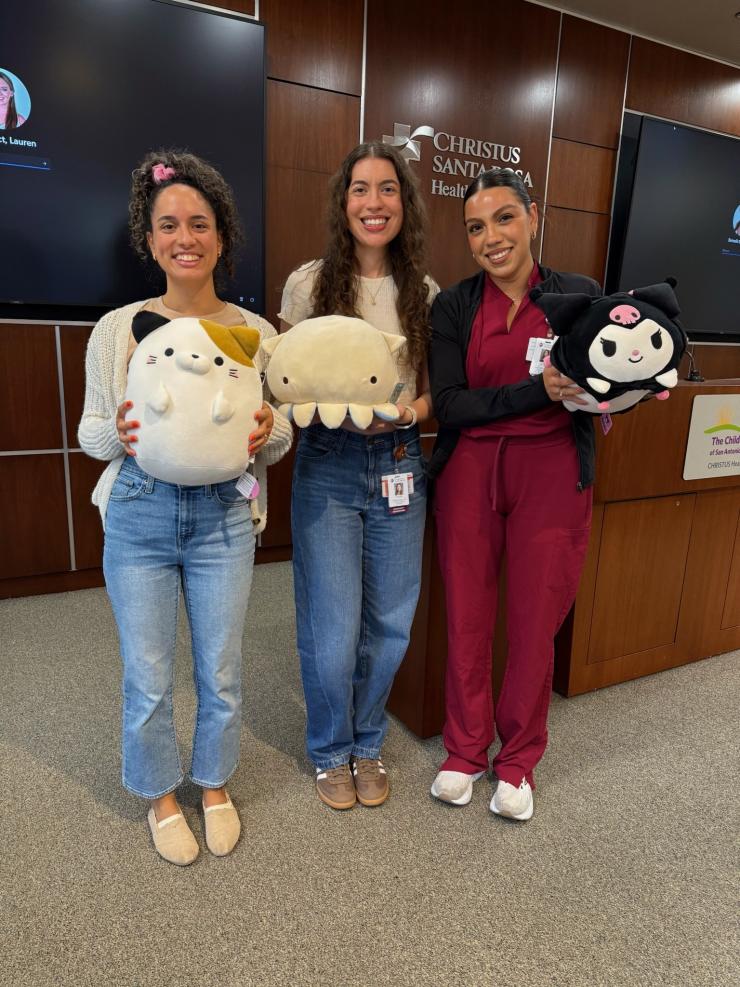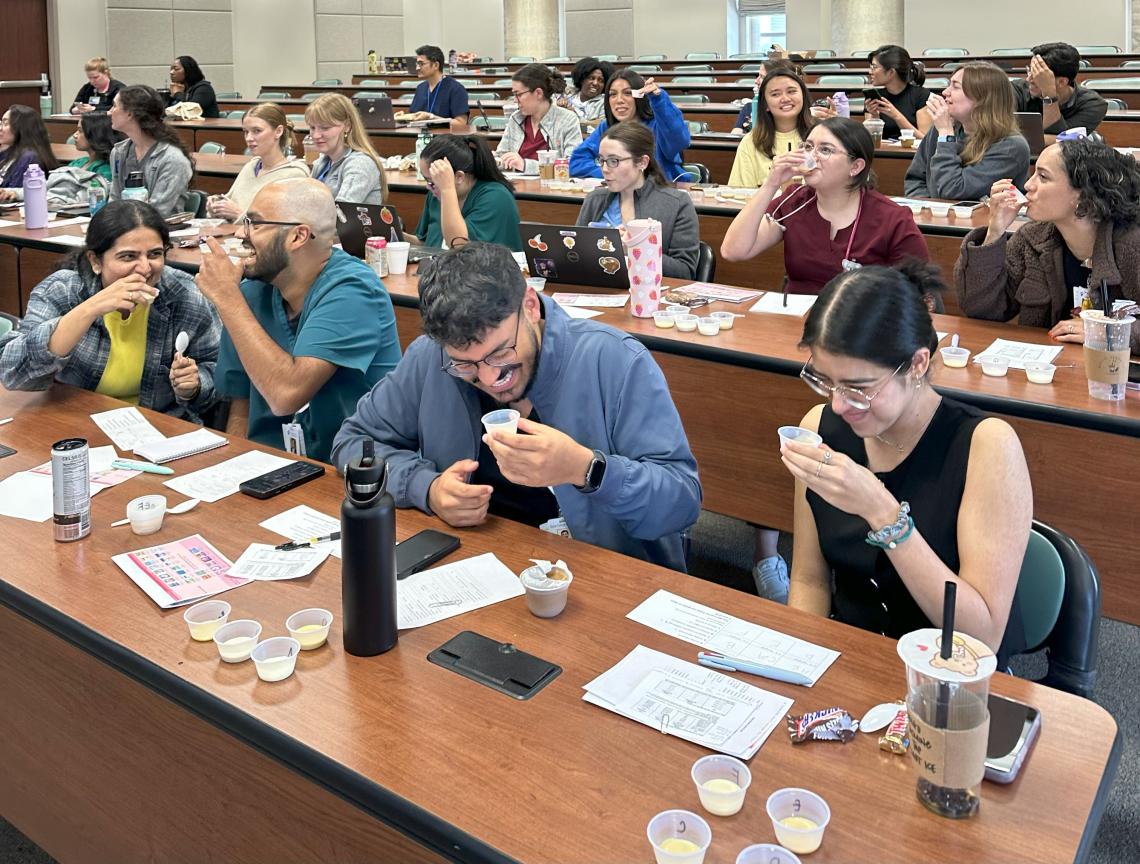Morning Report
Residents on the Pediatric Hospital Medicine service hold Morning Report twice per week, focused on general inpatient medicine cases and conundrums.
Academic Half Day
Thursday afternoons from noon – 5 p.m. residents have protected formal educational time. From noon - 1, residents attend hospital wide grand rounds lectures presented by various specialists. The remainder of the afternoon is divided to include subspecialty-specific workshops to address clinical cases and content expected for the American Board of Pediatrics Certifying Examination. Sessions focus on interactive, small group, case-based or game-based learning. Each session also includes resident-led board preparation question-and-answer sessions and longitudinal curricular workshops that cover topics including career development, communication skills, research skills, quality improvement, teaching and advocacy.
Simulation Training
Residents participate regularly in simulation sessions in our state of the art, $1.6 million simulation lab. NICU, PICU, ED, and PHM faculty work with residents to simulate and then debrief high-fidelity scenarios. These sessions are a great opportunity to practice decision making in a low-stakes environment.
Continuity Clinic Curriculum
Residents on their Y-weeks (2 weeks out of every 8) participate in the well-child curriculum, which follows the age progression throughout residency. We utilize the John Hopkins Harriet Lane Continuity Clinic Curriculum, Reach out and Read modules, and Mt. Sinai Parenting modules for self-paced ambulatory didactics. Every Y-week features faculty and resident-led sessions on various general pediatrics topics on Friday mornings.
Quality Improvement
Each resident participates in a year-long quality improvement curriculum, with targeted educational sessions to improve their knowledge of important QI concepts. Each resident is required to participate in a QI project, many of which have been published regionally or nationally!
Longitudinal Didactics
On Thursday mornings during their weeks of Continuity Experience, residents participate in additional longitudinal curricula such as culinary health, simulation, and quality improvement. Dedicated teaching about developmental milestones and general pediatrics topics occurs during this with the continuity clinic attendings. They will also attend advocacy field trips within the community or to the state capitol.
Other conferences

- Weekly Grand Rounds
- Monthly Janus diagnostic rounds
- Monthly journal club
- Quarterly Morbidity, Mortality, and Improvement conferences
- Rotation-specific didactics (e.g., ED, PICU)









